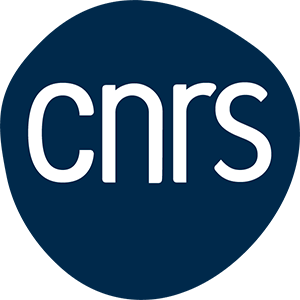The advent of quantum mechanics in physics was concomitant with the arrival of logical empiricism on the philosophical scene. While QM quickly led to philosophical speculation among physicists (which many scholars felt was metaphysical), logical positivism was a frontal assault on the deep seated tendency towards metaphysics in Western philosophical thought. However, the philosophical movement that grew out of logical empiricism – sometimes going by the name Anglo-Saxon philosophy but better know as analytic philosophy – “was subverted by reactionary forces. […] And lo, even before mid-century, some of its ablest adherents began to make the world safe for metaphysics again” (van Fraassen, 2002, p. xviii.). Thus, the possibility or impossibility of a metaphysical development of physics – a discussion which has taken place mainly within the analytic domain – remains at stake at the beginning of the 21 century. Contrary to that other revolution in physics, relativity theory, QM was ambiguous with respect to metaphysics from the start. So even though metaphysics is again relevant in any domain of physics, including relativity theory, quantum mechanics – exactly because of its recalcitrant nature with respect to any kind of interpretation – remains an even more interesting locus for philosophical research into the nature of a contemporary metaphysics of science than relativity theory. Modal interpretations were developed in the early seventies by Bas van Fraassen formalizing what was known until then about possibility through modal logics. Although van Fraassen as an empiricists remained agnostic regarding the ontological character of the interpretation, the different versions which continued this line of research – such as those proposed by Kochen, Dieks, Bub, Clifton and Bacciagaluppi and Dickson – placed themselves within a realistic position. In this presentation we attempt to discuss the metaphysical commitments of modal interpretations of quantum mechanics in its different versions and analyze if such interpretations can provide a picture of what the world is like if quantum mechanics were to be true.
Université de Bruxelles




